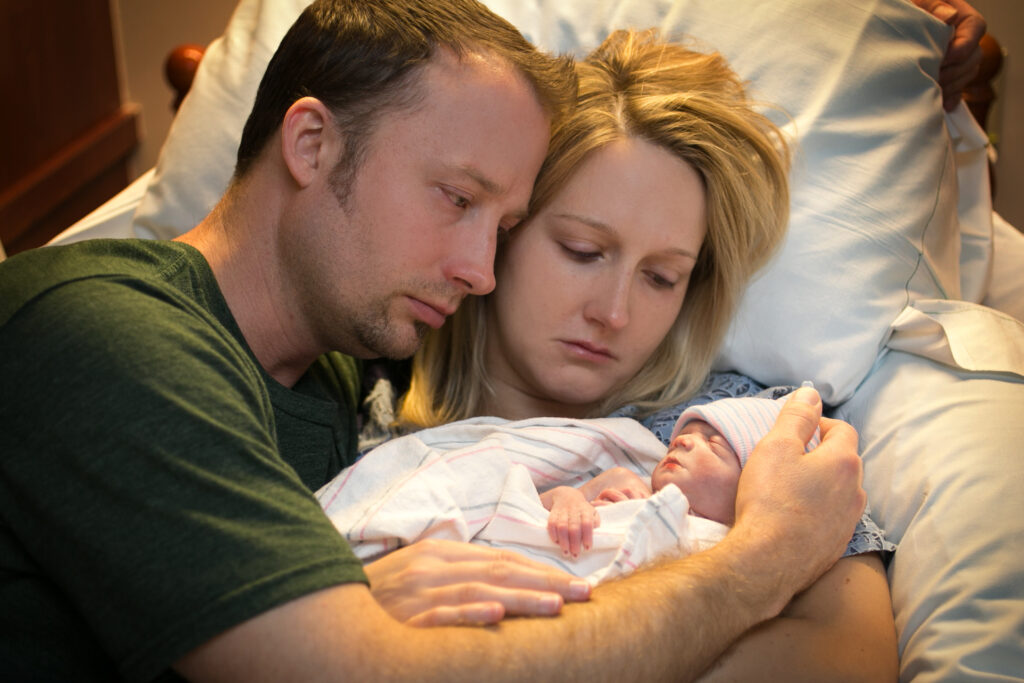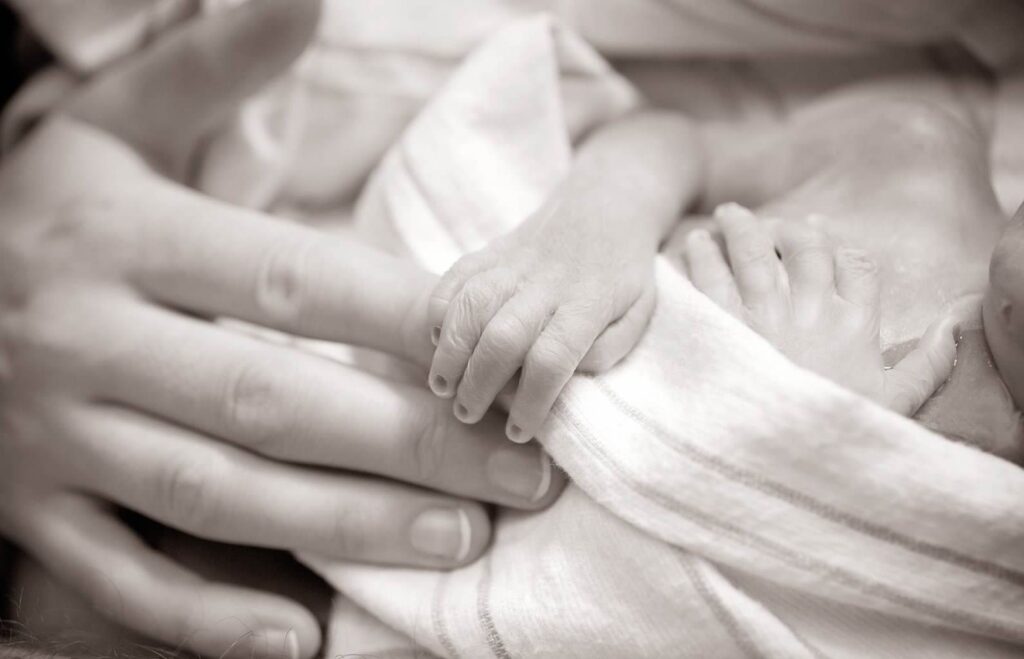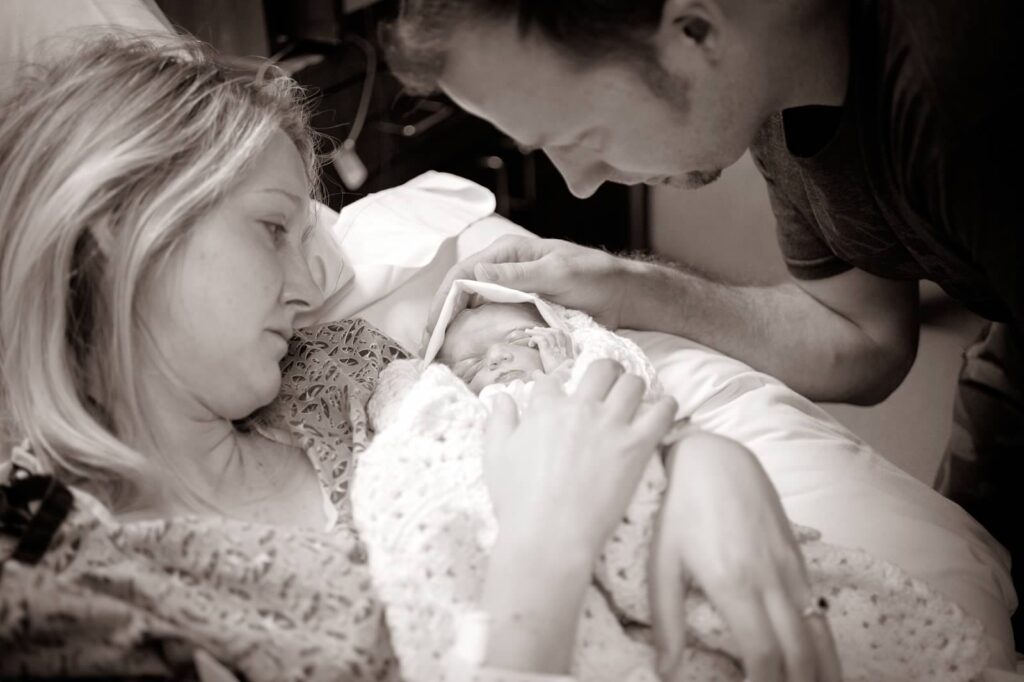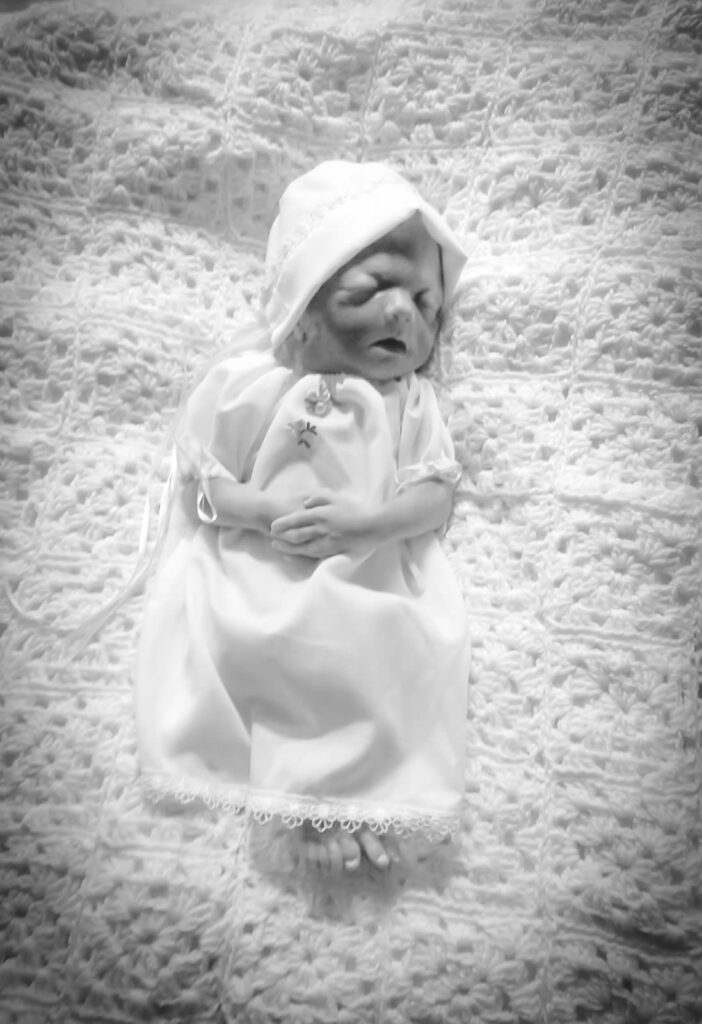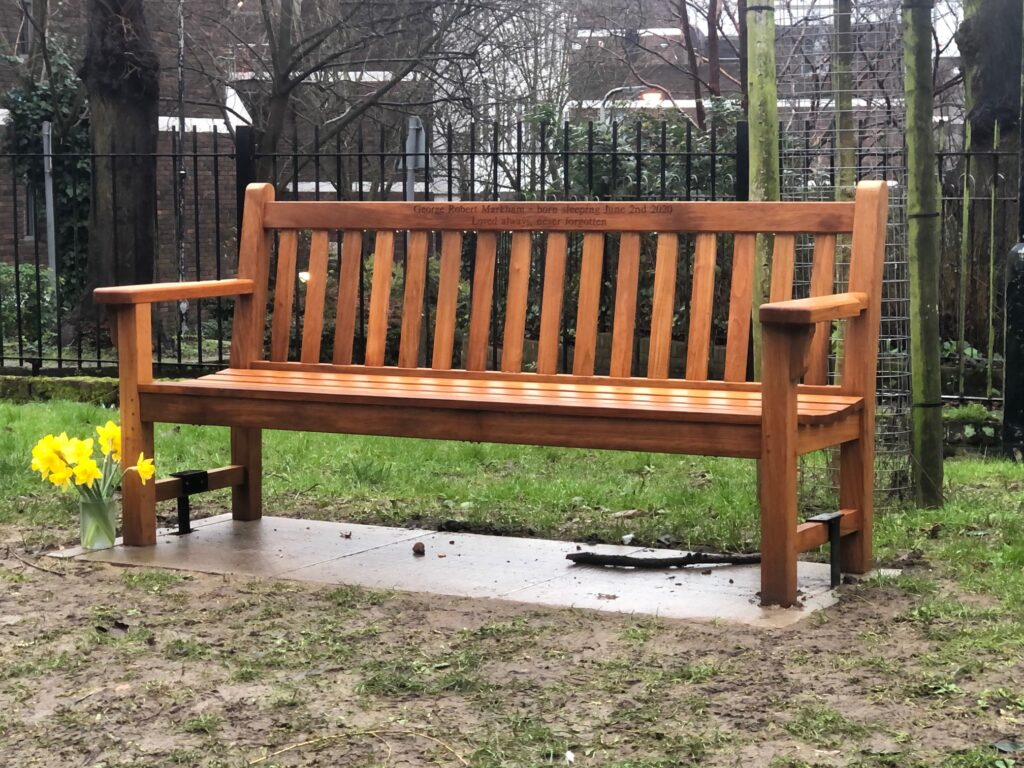Trigger Warning: This episode discusses infant loss, including miscarriage and stillbirth. Please listen with care.
Hours after hearing her son’s strong heartbeat at a final checkup, Veronika received the devastating news that her sweet Benjamin had passed away. Looking back on her challenging pregnancy, Veronika shares the heartbreak of losing Benjamin at 40 weeks from having only one umbilical artery, and the impact it has had on her life.
In this episode, Veronika opens up about her pregnancy, finding a new OB-GYN, and hearing Benjamin’s heartbeat only to be told he had passed.
Listen to the podcast here:
Highlights from our conversation with Veronika:
- The emotional impact of the ultrasound and fears that something was wrong
- The overwhelming emotions and confusion surrounding her experience
- Receiving support from her church community
- Challenges with funeral home arrangements
- Allowing her other children to grieve and how they helped her through the loss
Veronika’s story is a reminder of the different ways each person grieves. Her story shines a light on the importance of self-compassion, community, and getting support from loved ones.

Quotes:
“She said, ‘Mommy, I’m very sorry Benjamin didn’t get to know you. You’re a great mommy, and he didn’t get to know how good you are.’ And that was just the absolute sweetest thing.” – Veronika (17:49)
“I didn’t scream or cry—I just shut down. I wanted to be left alone. I was really irritated by all the staff coming in, and, you know, you still had to deliver that baby, so you can’t just get up and go home. You still have to go through all of that.” – Veronika (40:55)
Other Episodes You Might Appreciate:
Support the Show:
By donating $5 or $10, you’ll be supporting the ongoing production of these stories. We appreciate your help toward production and hosting costs.
Donate here: https://ko-fi.com/stillapartofus
Thank you for your support!
Subscribe:
YOUTUBE:
Please subscribe to our YouTube channel for more birth stories from families who have experienced a stillbirth or infant loss. We’re grateful that you’re part of our community! https://www.youtube.com/stillapartofus
THE PODCAST:
Please subscribe to Still A Part of Us wherever you find podcasts.
https://podcasts.apple.com/us/podcast/still-a-part-of-us-a-podcast-about/id1473594556
Links:
Grief Support Groups: https://nationalshare.org/
Some of these links are affiliate links, which means we may get a small commission off your purchase, at no extra cost to you.




